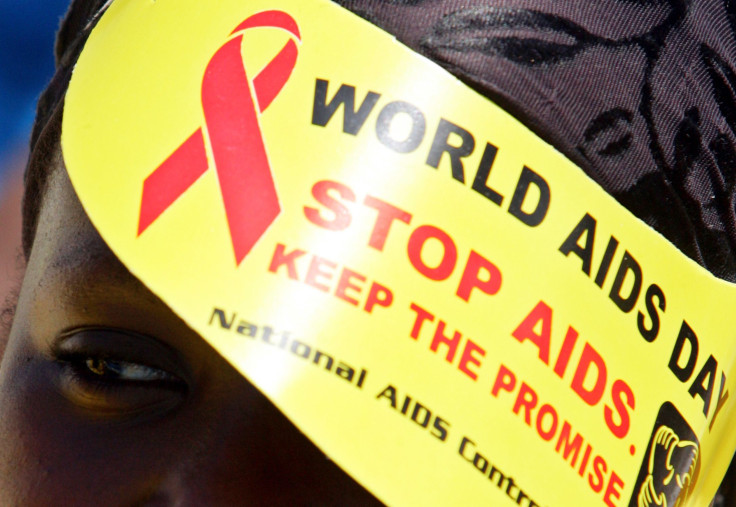AIDS Vaccine Update: HIV Vaccine Trial, HVTN 702, To Begin In South Africa

A new clinical trial will be launched in South Africa Wednesday on an experimental vaccine that could prevent HIV, the virus that causes AIDS. The latest trial is only the seventh full-scale human trial for a virus that infects more than 2 million people and kills over 1 million every year worldwide.
According to a statement from the National Institutes of Health (NIH), HVTN 702 is the largest and most advanced HIV vaccine clinical trial to be undertaken in South Africa, where more than 1,000 people are infected with HIV in a day. The first participant of the new trial was enrolled on Oct. 26, and the results of the clinical trial are expected in 2020.
"If deployed alongside our current armory of proven HIV prevention tools, a safe and effective vaccine could be the final nail in the coffin for HIV," Anthony Fauci, director of the U.S. government's National Institute of Allergy and Infectious Diseases (NIAID), said in a statement Sunday.
"Even a moderately effective vaccine would significantly decrease the burden of HIV disease over time in countries and populations with high rates of HIV infection, such as South Africa."
The new study is based on an earlier trial — RV 144 — conducted in Thailand in 2009 that was led by the U.S. Military HIV Research Program and Thailand's Ministry of Public Health. The new study aims to enroll 5,400 sexually active men and women aged between 18 and 35 at 15 sites across South Africa.
Trials of RV 144 in Thailand were the first to show promise for developing an HIV vaccine. The study showed a modest reduction in HIV infection rates among 16,000 test subjects. While a 31 percent drop in infections seen in the trial wasn’t enough to signify a total breakthrough, it has paved the way for further investigations. With the new trial, researchers hope to provide a higher and sustainable protection rate.
“HIV has taken a devastating toll in South Africa, but now we begin a scientific exploration that could hold great promise for our country. If an HIV vaccine were found to work in South Africa, it could dramatically alter the course of the pandemic,” Glenda Gray, president and CEO of the South African Medical Research Council, said, according to reports.
About 36.7 million people worldwide were living with HIV in 2015, including about 2.1 million who were newly infected, according to the Joint United Nations Program on HIV and AIDS. In the U.S., 1.2 million people are infected according to the Centers for Disease Control and Prevention.
“Given that right now we have nothing, we’d be happy if this vaccine were even 45 or 50 percent effective,” Gita Ramjee, director of the HIV Prevention Research Unit at the Medical Research Council in Durban, said over the weekend, according to the Washington Post. “Even a modestly effective vaccine like that would have a huge impact here.”
© Copyright IBTimes 2024. All rights reserved.











